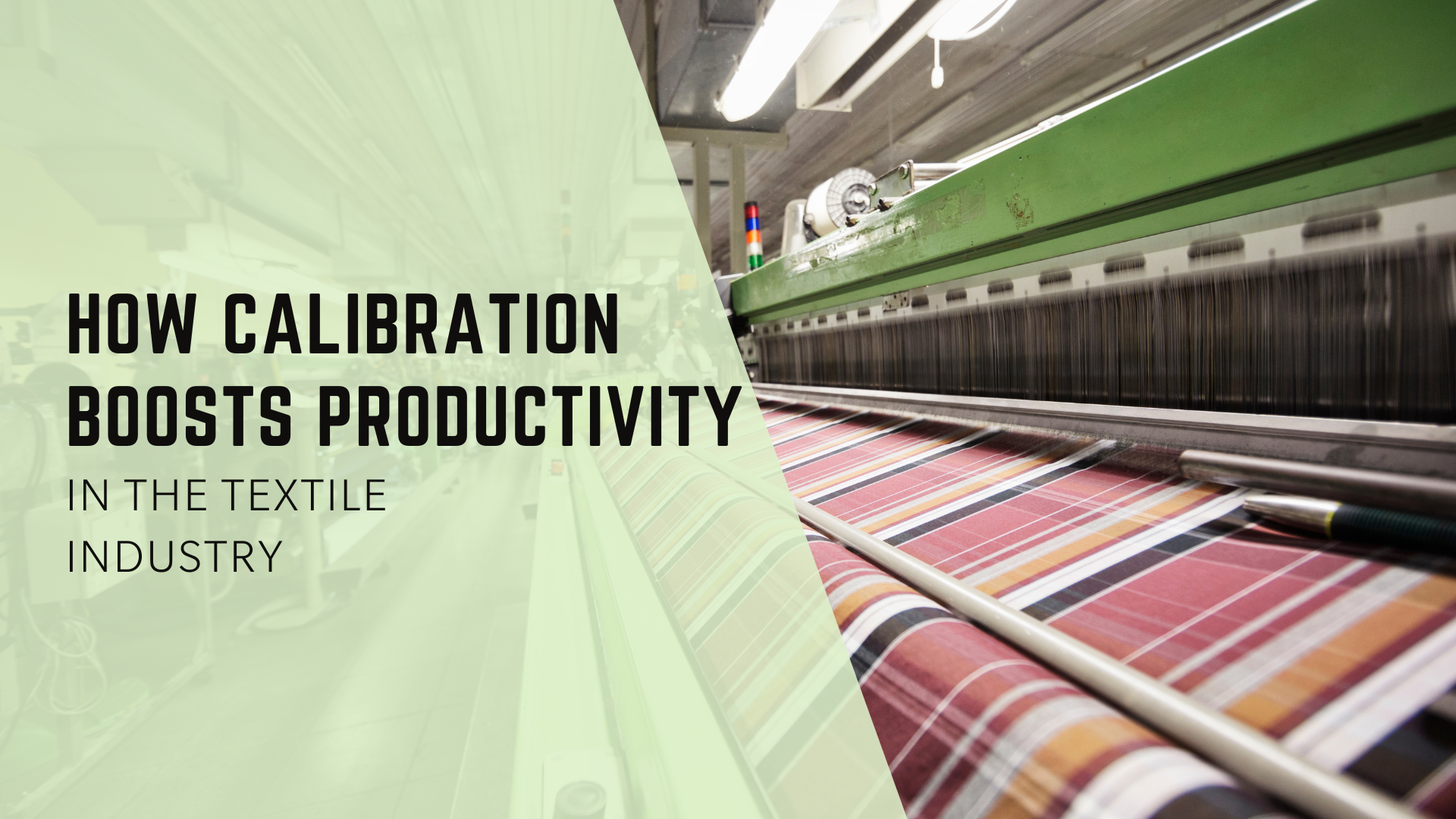
Precision is paramount in textile manufacturing today. Calibration can support textile machinery to operate effectively and uniformly across all machines, whether for a fabric inspection or cleaning after a dyeing process. Without calibration, textile makers face issues like reduced product quality, equipment failures, and extra costs to operate.
With regular industrial calibration services performed by trusted providers like Roots Metrology, textile manufacturers can operate at peak performance while meeting the highest quality standards.
Textile manufacturing involves machines that carry out the same repetitive tasks with precision. All machines – irrespective of their sophistication – will drift over time and have inaccuracies. In the textile, mechanical, and digital world, this deviation is often remedied through mechanical calibration and dimensional calibration services.
Most manufacturers will benefit from using professional calibration for textile machinery from calibration service providers like Roots Metrology to ensure that when they run their operations, they maintain all the key parameters – speed, time, temperature, pressure, distance, output, production rate, etc. - so that they can expect reliable output.
To maintain production standards and efficiency, the following instruments commonly undergo calibration in textile industries:
These instruments are calibrated based on the specific parameters relevant to their function. For instance, temperature calibration is crucial for dyeing and fusing machines, while distance and dimensional calibration services are essential for fabric inspection and measurement tools.
Consistent Product Quality
Calibrated machines enable fabric manufacturing to meet specified tolerances, consistently reducing the product variation and defects.
Reduced Machinery Downtime
Regular mechanical calibrations can prevent machine malfunctions and breakdowns, thereby keeping production lines running productively.
Compliance with Quality Standards
Calibration services help textile manufacturers, whether operating domestically or exporting, meet industry and regulatory protocols and standards.
Extend Equipment Life
Mechanical calibrations for textile machinery ensure that machines operate within prescribed tolerances, reducing unnecessary wear on machines and the risk of failure.
What are the dimensional calibration services for textile machinery?
Dimensional calibration services involve the testing and adjusting measuring machinery, such as fabric inspection machines, steel scales, and measuring tapes, to ensure accuracy in textile measurement.
How frequently is the calibration for the textile machinery?
The frequency will be defined according to the use; however, it is recommended to calibrate machines once or twice a year by certified service providers.
Would calibration have an impact on manufacturing efficiency?
Yes. Calibrated machinery reduces errors, avoids reworks, and maximizes efficiency at every stage of textile manufacturing.
Regular calibration of textile machinery is not only about compliance, but also about smooth running, efficiency, and profitability of industries. Working with a trusted company for industrial calibration services provides manufacturers the opportunity to reduce the risk of unforeseen breakdowns, waste of materials, and ensure that the highest quality product gets to customers.